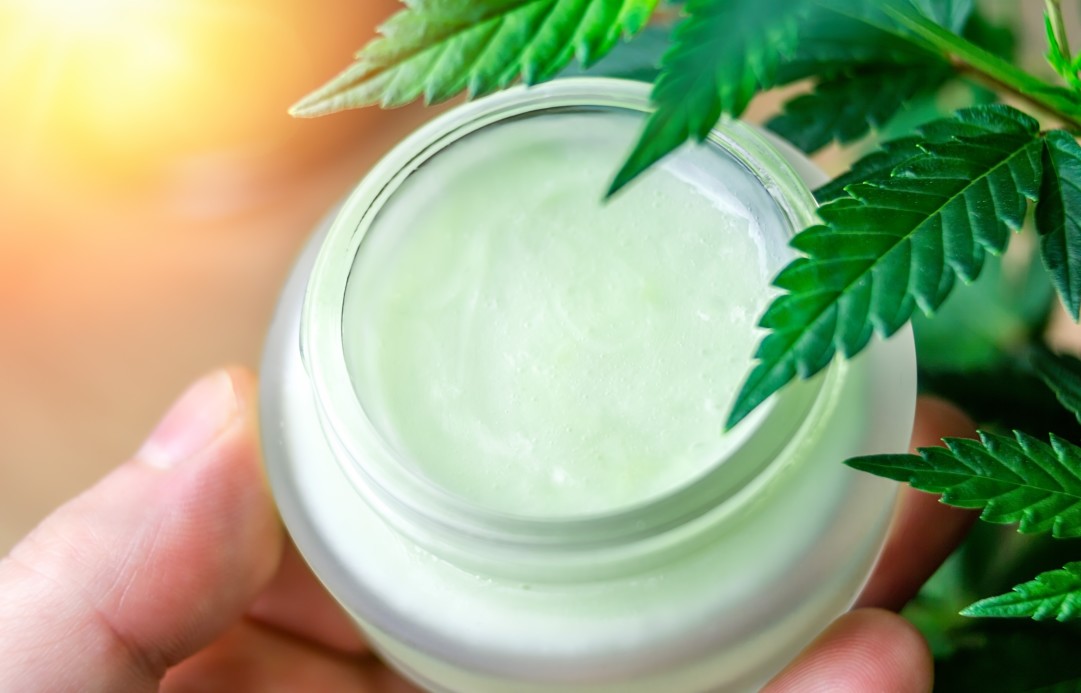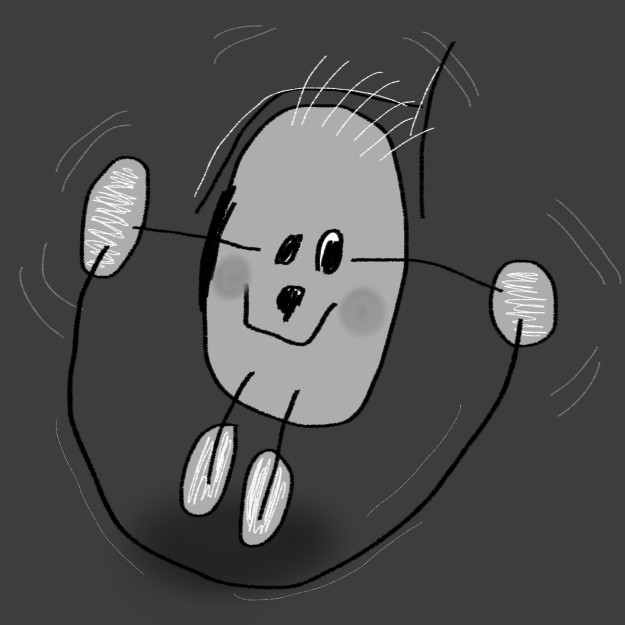Ever felt like you just can’t catch a break? If so, you are not alone. In fact, 50% of adults in the US experience some sort of chronic sleep disorder every year. And for those that suffer from these issues, it can be as devastating as it is frustrating.
With little or no shut-eye being a key factor in your overall health and well-being, having difficulty sleeping can have a detrimental impact on your physical and mental state.

cbd image
With this in mind, it is not surprising that many people are starting to turn to cannabidiol (CBD) as a potential treatment for their insomnia. After all, what other natural compound out there has so many proven benefits? So how does CBD help with sleep disorders?
Let’s take a look right now…
What is CBD Used for?
The uses for CBD are almost too numerous to count, making it one of the most useful compounds for medical purposes. Despite the fact that this cannabinoid has been used in medicine for the last 8 years, many of its healing properties are still not fully understood. Therefore, CBD is still often referred to as a “neuro Revolution”.
Specifically, CBD has been proven to help people sleep, reduce anxiety, reduce insomnia, help with sleeping disorders, reduce pain and inflammation, reduce seizures, reduce addiction cravings, reduce the symptoms of PTSD, reduce psoriasis symptoms, reduce cancer symptoms, and even reduce opioid cravings.
And while these are just some of the conditions that it has been shown to help, it is clear that there is a wide variety of applications.
How CBD Helps With Sleep Disorders
Sleep disorders can take several forms, these include insomnia and severe sleep deprivation, but they all stem from the same basic thing – an inability to get a good night’s rest.
CBD helps with sleep by reducing sleep deprivation related to anxiety and pain. It does this by acting on the brain in many ways, but most importantly, by reducing excessive inflammation in the brain.
In this way, it can help reduce the impact that stress, pain, and poor sleep can have on the body by reducing inflammation (as inflammation is what keeps us from falling asleep).
CBD can also help with sleep by reducing excessive daytime sleepiness, as those who suffer from this condition often feel like they need to stay awake all day due to a constant sleep deficit.
Cannabidiol’s Effect on Sleep Basics
As we mentioned above, CBD can help with sleep disorders by reducing sleep deprivation related to pain and anxiety.
But how does it achieve this?
Well for one, it does this by acting on the brain in ways that help reduce inflammation, which we just discussed. CBD also helps to reduce sleep deprivation by interacting with a certain receptor in the brain called the CB1 receptor. This receptor is located mainly in the central nervous system, and when it is activated, it helps to regulate the body’s sleep-wake cycle.
When in a sleep-inducing state, the body releases endocannabinoids (which are cannabinoids naturally produced in the body) to help maintain a state of rest.
But when a person is awake, the body stops producing these cannabinoids, causing it to become even more awake. By modulating the activity of this receptor, CBD can help to restore the brain to a sleep-inducing state, thus helping the body transition between the two states.
How CBD Works in the Brain
When discussing how CBD works in the brain, it is important to keep in mind that the human brain is extremely complex and interconnected. As such, there are many different areas where CBD and other cannabinoids are believed to be active.
For example, recent research has suggested that CBD interacts with the endocannabinoid system in the hippocampus, an area of the brain important for learning and memory. It has also been suggested that CBD interacts with the hypothalamus and other parts of the brain, including the amygdala, which is responsible for emotions like anxiety.
Other research has suggested that CBD may actually prevent brain damage that can lead to conditions like epilepsy and Alzheimer’s disease. And yet another recent study suggests that CBD can help to reduce the risk of diabetes by helping to regulate the digestive system.
Other Ways CBD Helps With Sleep Disorders
As mentioned above, CBD can help to reduce sleep deprivation by regulating the release of endocannabinoids. And while this is just one way that it helps to regulate sleep, it is by no means the only way.
In fact, there are many ways in which CBD can help with sleep, making it a potentially helpful supplement for anyone who suffers from insomnia. For example, let’s jump right into some of the more common ways that CBD can help with sleep…
Reduces Restless Legs Syndrome Restless legs syndrome (RLS) is a condition that causes extreme leg and/or arm discomfort while sleeping. Some research has suggested that CBD can reduce the severity of this condition, as it may help to relax the muscles in the legs.
Reduces Night Terrors and Nightmares CBD can help to reduce the likelihood of experiencing night terror and nightmares by acting on the brain in ways that help to prevent excessive anxiety and stress.
Suppresses Insomnia and Helps to Fall Asleep CBD has been shown to help to suppress insomnia, which helps to keep the person in bed longer and promotes deeper sleep.
Bottom Line
As you can see, CBD can help with many different conditions, and it all comes down to the ways that it can help to regulate the release of endocannabinoids in the brain.
Doing so, it can help to reduce pain and sleep deprivation while keeping the brain in a state of rest. And while these are just some of the ways that it can help with sleep disorders, it is clear that CBD can have a wide variety of effects when it comes to the regulation of sleep.
And it all comes down to the ways that it can help to reduce the release of endocannabinoids in the brain.












